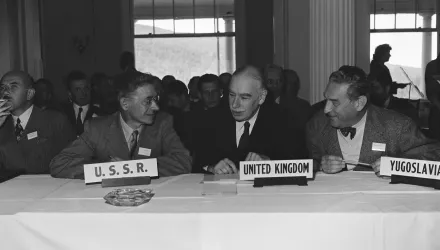International Security is America's leading peer-reviewed journal of security affairs.
Summary
Islamist militants based in Pakistan pose a major threat to regional and international security. Although this problem has only recently received widespread attention, Pakistan has long used militants as strategic tools to compensate for its severe political and material weakness. This use of Islamist militancy has constituted nothing less than a central component of Pakistani grand strategy; supporting jihad has been one of the principal means by which the Pakistani state has sought to produce security for itself. Contrary to the conventional wisdom, the strategy has not been wholly disastrous. Rather, it has achieved important domestic and international successes. Recently, however, Pakistan has begun to suffer from a “jihad paradox”: the very conditions that previously made Pakistan’s militant policy useful now make it extremely dangerous. Thus, despite its past benefits, the strategy has outlived its utility, and Pakistan will have to abandon it to avoid catastrophe. Other weak states, which may also be tempted to use nonstate actors as strategic tools, should take the Pakistani case as a cautionary lesson.
Kapur, S. Paul and Sumit Ganguly. “The Jihad Paradox: Pakistan and Islamist Militancy in South Asia.” Summer 2012
The full text of this publication is available in the link below.





